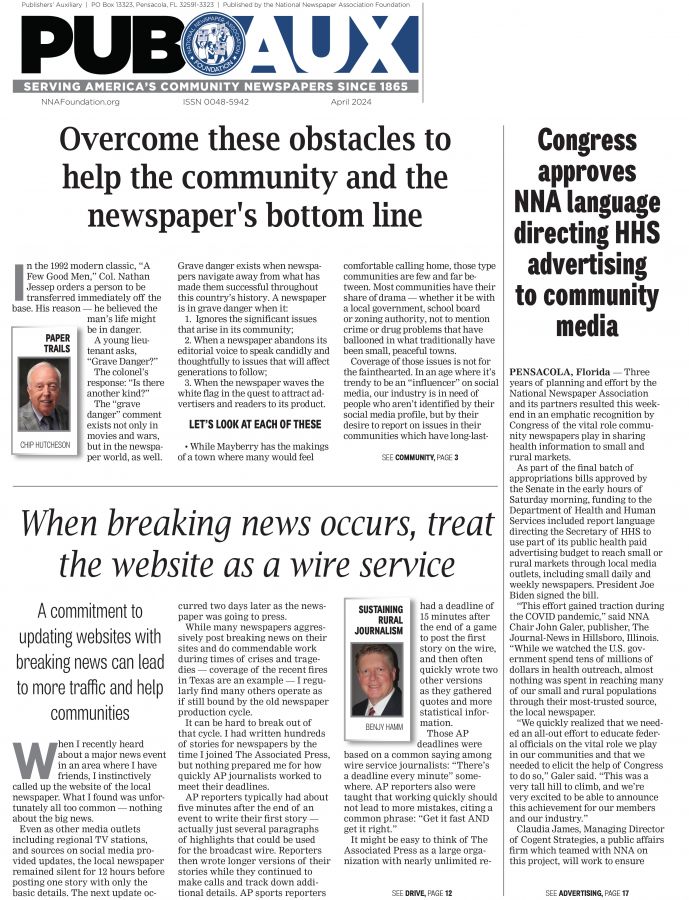When God-talk by kids is protected speech
Sep 19, 2013
By Charles C. Haynes
Inside the First Amendment
Inside the First Amendment
If you ask a class of 5th graders to write about someone they “look up to,” don’t be shocked when at least one of them decides to write about God.
That’s exactly what happened in Millington, Tennessee earlier this month when 10-year-old Erin selected God as her idol because, as she explained, “He is the reason I am on this earth.”
A red flag went up for Erin’s teacher who told the student she couldn’t pick God and directed her to choose someone else.
Erin, who sounds like a very good little girl, complied and picked Michael Jackson, a choice acceptable to the teacher.
Not surprisingly, Erin’s mother was upset by the message the teacher was sending to Erin and the other kids about not expressing their faith in class.
After the mother went public with the story, the “God is my idol” controversy circled the globe with tweets in multiple languages.
Another black eye for public schools.
What’s significant about this incident – and why I’m giving it even more attention – is what happened next: The school district immediately recognized that the teacher had made the wrong decision. In a meeting with the family, school officials, including the teacher, apologized and acknowledged that Erin has the right to write about God.
Under current law, as explained in the U.S. Department of Education guidelines, “students may express their beliefs about religion in the form of homework, artwork and other written and oral assignments free of discrimination based on the religious content of their submissions.”
Of course, students attending public schools can’t take over classrooms by delivering sermons or leading classmates in prayer. But if student speech meets the requirements of the assignment – and Erin’s clearly did – students are free to express their religious or non-religious views.
The Tennessee school district’s quick response in support of Erin is in sharp contrast to how a number of other schools have handled these conflicts in a string of high-profile cases over the past decade.
Who can forget, for example, the school district in New Jersey that went to court to defend their decision to keep a second-grade child from singing “Awesome God” at her school’s talent show?
In 2006, a court ruled that the school district was wrong to censor the child. But the damage had been done, illustrating how one bad story can create the false impression that all public schools are hostile to religion.
Fortunately, a growing number of schools are getting the message that the First Amendment doesn’t mandate a religion-free zone in public schools. School officials today are far more likely to support the religious liberty rights of students – and correct teachers when mistakes are made.
But what’s still missing in many districts is in-service training that informs teachers about current law under the First Amendment. As an attorney friend of mine likes to say, the time to buy the fire truck is before the fire.
Erin’s teacher later admitted that she was confused about what the law required – and nervous about allowing God-talk in a public school classroom.
Conflicts and controversies like this can be avoided if school districts make sure that all teachers understand the difference between school speech promoting religion, which the Establishment clause of the First Amendment prohibits, and student religious expression, which the Free Exercise and Free Speech clauses protect.
In other words, little Erin is not the government. If God is her idol, she has every right to say so.
Charles C. Haynes is director of the Religious Freedom Center of the Newseum Institute, 555 Pennsylvania Ave., N.W., Washington, D.C. 20001. Web: religiousfreedomeducation.org. Email: chaynes@newseum.org.







